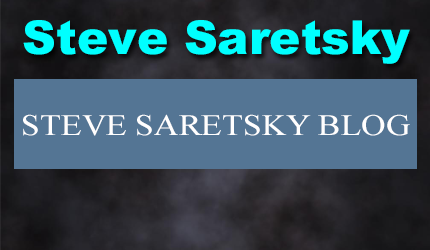The Bank of Canada continues to slowly drain liquidity after flooding the system with a firehose of cash during the pandemic. Bank of Canada governor Tiff Macklem announced the end of Canada’s QE program (also known as money printing). Furthermore, in Macklems words, “We expect to begin increasing our policy rate sometime between April and September.” Markets are currently pricing in 4-5 rate hikes by the end of 2022.
No doubt this has real estate bears frothing at the mouth. The idea of rising inflation forcing the central banks hands would be a dagger to the nations housing market. Perhaps this is welcoming news, given national home prices are now up 22% year-over-year and overvalued on many measures. Higher interest rates would bring some much needed sanity, and hopefully quell rising inflation in the process.
However, the exit strategy for the Bank of Canada is going to prove challenging, and the simple equation of higher inflation must equal higher rates might prove illusive this time around. Let’s discuss.
First, it’s important to understand monetary policy, particularly in Canada does not work in a vacuum. Monetary policy is globally coordinated, and largely set by the US, the Euro Zone and Japan. Today, global debt to GDP sits at a whopping 365%, The world is drowning in debt, over $280 Trillion to be more precise. Thus it should be no surprise there has been a coordinated effort keep interest rates at zero, with central banks mopping up over $30T in bonds in order to suppress yields and mask price discovery. Are policy makers going to now throw in the towel, submit to inflation, and allow yields to rip higher?
Cue financial historian Russell Napier and the dawn of something called financial repression. I have been following Russell’s work for a number of years, he is one of the best in the industry. He believes inflation will not be transitory, it is here to stay as governments continue to spend and take hold of new money creation. Government will direct the flow of credit and regulate yields. Russell explains:
“Bond yields are depressed by central bank action, and I would argue that they are also depressed by government action. Many insurance companies must hold government bonds due to asset liability models that their regulators have imposed upon them. We are going to discover that, as time progresses, bond yields are entirely decoupled from inflation. That’s the most important thing here. You won’t find one economic textbook which says that bond yields can be decoupled from inflation. And yet there is a long period of history, from 1939 to 1979, where they were largely decoupled. All the textbooks work on the assumption of a free market economy where the free will of investors results in bond markets pricing in inflation expectations.
Bond yields are telling us today that this is history. They are not set in a free market anymore.
In the first stage, the one we are living through now, bond yields are largely driven by the central banks. But there will come a time when they don’t want to continue QE as it is a pledge to add unlimited liquidity which is dangerous when market participants believe in higher inflation. Many people think yields will shoot up once central banks stop buying bonds.
But they won’t, because then the government will force savings institutions to buy bonds. That’s stage two of bond yield control. Mind you, the transition from stage one to stage two won’t be smooth. Legislation will have to be passed to allow governments to in effect allocate private sector savings through greater control over regulated financial institutions. So there could be a period where bond yields rise too quickly and markets will panic. But ultimately governments will cap interest rates by using the savings system. Just like they did after World War II. In basically all our economies, our total government and private sector debt to GDP is above 1945 levels. Why should we not expect governments to use the same mechanisms they used after the war to get those debt levels down? It is a transfer of wealth from savers, forced to own fixed interest securities on low yields, to debtors who see their revenue rise with inflation while their interest payments remain low.”
Financial repression might sound far fetched, and perhaps it doesn’t play out. However, it’s hard to argue we aren’t already going down that path. With interest rates already at zero, and the Bank of Canada now owning 46% of the entire Government of Canada bond market central bankers are nearing a level of impotence. The federal government is taking a larger and larger role in our lives, command and control so to speak. Who’s to say the largest borrower today, the government, won’t try to fix borrowing costs?
Either way this is setting up to be a bumpy road ahead. Any significant rise in yields will reprice asset markets, particularly Canadian housing. Let’s watch.
Three Things I’m Watching:
1. The Bank of Canada has been directly suppressing interest rates and funding the federal governments budget deficit. You’re telling me the largest borrower, the government, is now on its own? (Source: Richard Dias)

2. Canadian households sitting on excess savings thanks to government cash hand-outs. (Source: IMF)

3. Canadian economy stalls in September. (Source: Bloomberg)













